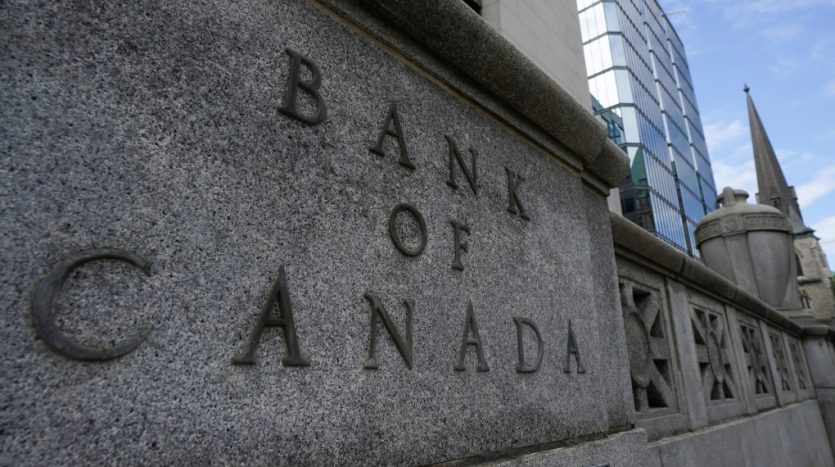Variable vs Fixed Interest Rates in Canada: A Guide for Borrowers 101
Variable vs. Fixed Interest Rates in Canada: A Guide for Borrowers
According to Wikipedia, “A floating interest rate, also known as a variable or adjustable rate, refers to any type of debt instrument, such as a loan, bond, mortgage, or credit, that does not have a fixed rate of interest over the life of the instrument…whereas…A fixed-rate mortgage (FRM) is a mortgage loan where the interest rate on the note remains the same through the term of the loan.”
When it comes to securing a mortgage in Canada, one of the most critical decisions borrowers face is choosing between variable vs fixed interest rates. Each option has its own set of advantages and considerations, and the choice you make can have a significant impact on your financial stability. In this guide, we’ll break down the key differences between variable vs fixed interest rates to help you make an informed decision.
Fixed Interest Rates: Stability and Predictability

Fixed interest rates, as the name suggests, remain constant throughout the term of your mortgage. Here are some of the key advantages of opting for a fixed-rate mortgage:
- Predictability: With a fixed interest rate, your monthly mortgage payments remain the same for the entire term. This predictability can make it easier to budget and plan for your expenses.
- Protection from Rate Increases: If interest rates rise in the broader market, your fixed-rate mortgage won’t be affected. Your rate is “locked in” for the duration of the term, providing a safeguard against economic fluctuations.
- Long-term Planning: Fixed-rate mortgages are an excellent choice if you prefer long-term financial stability. They are particularly popular among borrowers who plan to stay in their homes for an extended period.
However, there are also some considerations with fixed-rate mortgages:
- Potentially Higher Initial Rate: Fixed rates are typically higher than the initial rates offered for variable-rate mortgages. This means your initial monthly payments may be larger.
- Penalties for Breaking the Mortgage: If you decide to sell your home or refinance before your fixed-term is up, you may face penalties, which can be substantial.
Variable Interest Rates: Potential Savings with Risk
Variable interest rates, also known as adjustable or floating rates, can change during the term of your mortgage based on fluctuations in the prime lending rate set by the Bank of Canada. Here’s what you need to know about variable-rate mortgages:
- Initial Lower Rates: Variable-rate mortgages often come with lower initial interest rates compared to fixed-rate mortgages. This can result in lower initial monthly payments and potential savings.
- Historical Savings: Over the long term, borrowers who choose variable rates have often paid less in interest compared to their fixed-rate counterparts. This can lead to significant savings over the life of the mortgage.
- Flexibility: Variable-rate mortgages typically offer more flexibility when it comes to making extra payments or paying off the mortgage early without facing substantial penalties.
However, variable-rate mortgages also come with certain risks:
- Rate Fluctuations: Your interest rate can go up or down over the course of your mortgage term, making it challenging to predict your future payments. This can create financial uncertainty.
- Impact of Economic Factors: Variable rates are influenced by economic factors, including changes in the prime lending rate. Borrowers need to be prepared for the possibility of rate increases.
- Budgeting Challenges: If rates rise significantly, your monthly payments can increase, potentially putting strain on your budget.
Making Your Decision
The choice between variable vs fixed interest rates ultimately depends on your financial situation, risk tolerance, and long-term goals. Here are some factors to consider:
- Current Market Conditions: Take into account the prevailing interest rate environment. If rates are historically low, a fixed-rate mortgage might be more appealing. Conversely, if rates are high, a variable rate could provide potential savings.
- Risk Tolerance: Consider how comfortable you are with financial uncertainty. If you’re risk-averse and prefer stability, a fixed-rate mortgage may be the better choice. If you’re willing to take on some risk for potential savings, a variable rate could be attractive.
- Long-term Plans: Think about your future plans. If you intend to stay in your home for many years and want to lock in today’s rates, a fixed-rate mortgage might be suitable. If you’re planning to sell or refinance in the near future, the flexibility of a variable rate could be advantageous.
- Consult a Mortgage Professional: Discuss your options with a mortgage broker or financial advisor who can provide personalized guidance based on your specific circumstances.
In Canada’s ever-evolving mortgage market, the choice between variable vs fixed interest rates is a crucial decision that can affect your financial well-being. By carefully weighing the pros and cons of each option and considering your individual needs and goals, you can make an informed decision that aligns with your financial strategy.
View our Montreal real estate property listings for opportunities to invest.










